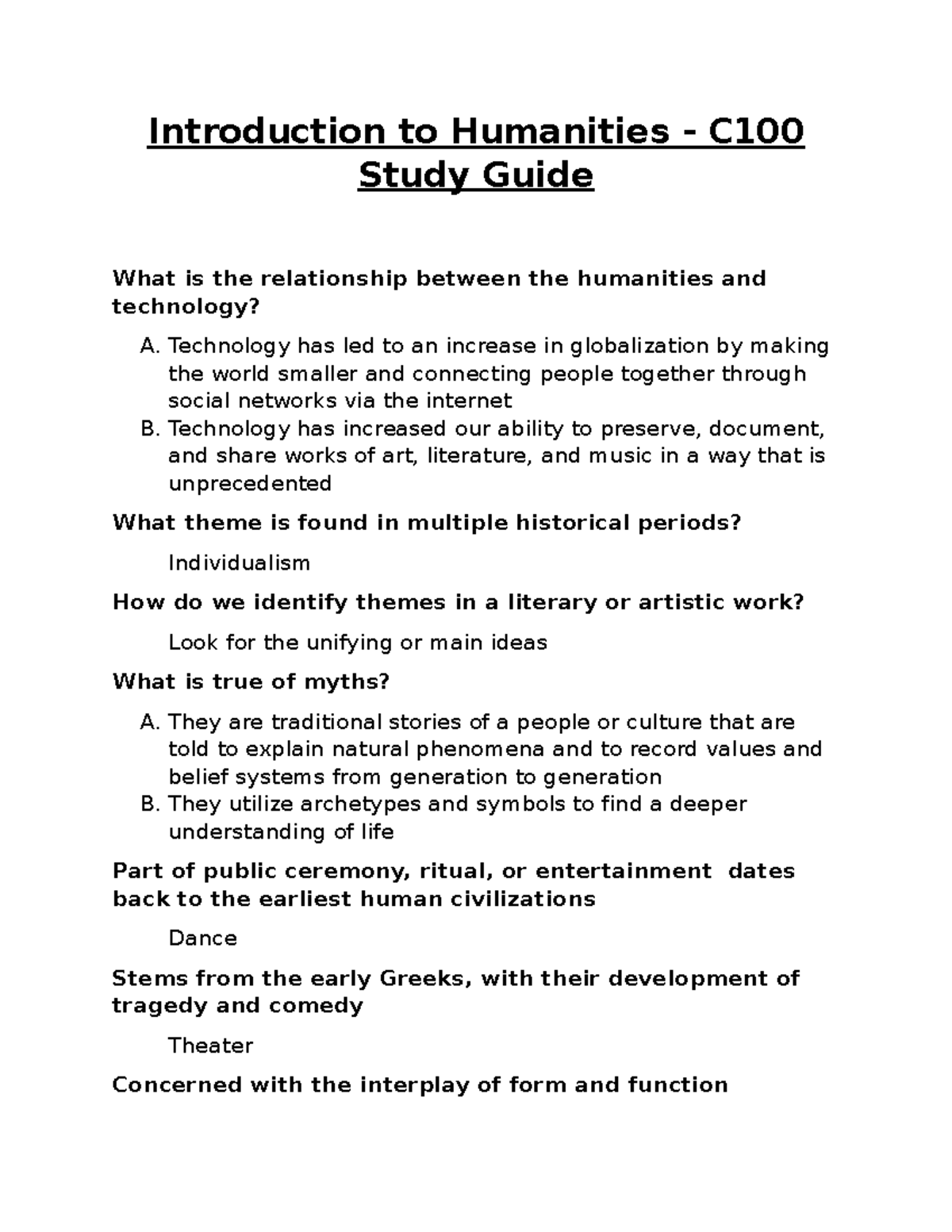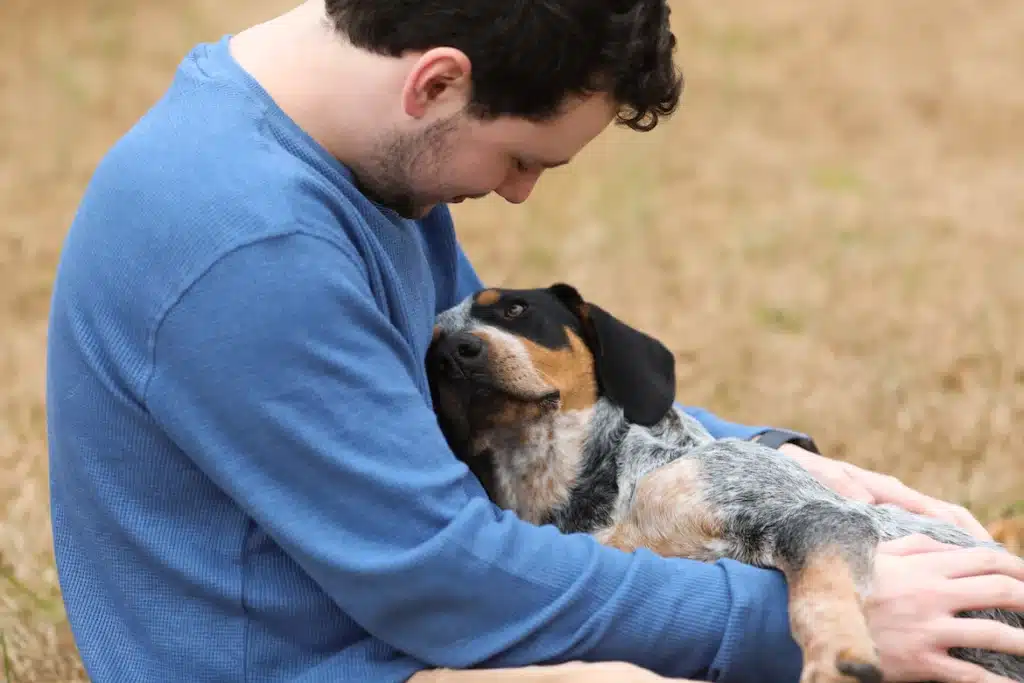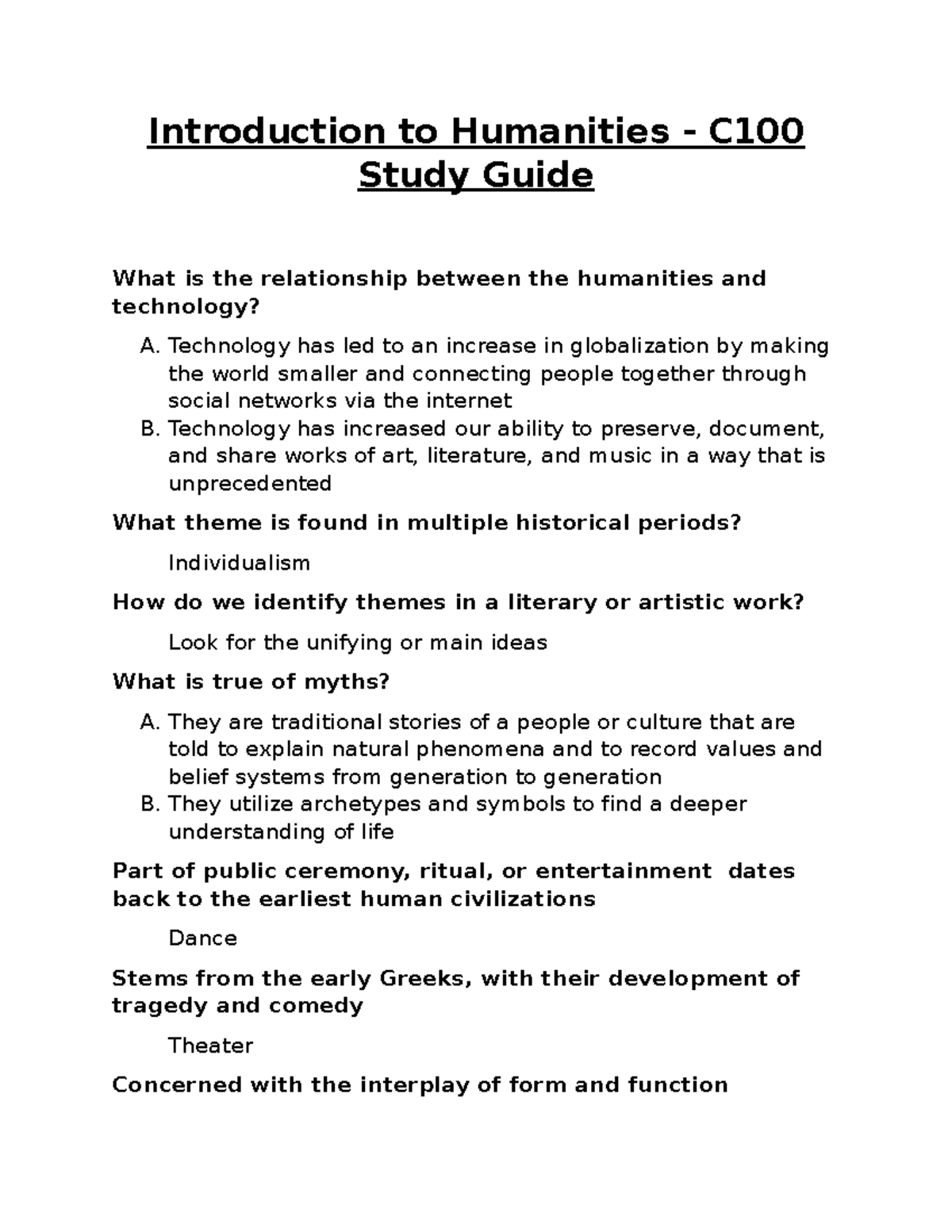The incredible **dog-human bond** is a profound relationship rooted in empathy, companionship, and mutual understanding between two very different species. Through recent studies in dog behavior research, scientists like Erin Hecht from Harvard have shed light on the emotional capacities of canines, revealing their ability to connect with humans on a deeper level. Research, including the groundbreaking Harvard dog studies, demonstrates how dogs possess traits like **canine empathy**, which allow them to respond to humans’ emotional states effectively. As highlighted in conversations with renowned dog photographer Elias Weiss Friedman, these interactions represent a unique facet of the human-animal relationship—one that transcends mere companionship and enters the realm of psychological and emotional support. Together, these insights underscore the significance of this bond, enhancing our understanding of how dogs enrich human lives with their unwavering loyalty and understanding.
Exploring the dynamic **canine companionship** we share with our dogs unveils a remarkable tapestry of connection and interaction. Terms like **the human-animal bond** and **pet-owner attachment** are increasingly prominent in discussions about the emotional and psychological benefits of having dogs in our lives. Emerging knowledge within the realm of dog behavior research highlights the intricate ways in which dogs communicate and respond to human emotions, honing in on their naturally evolved ability to forge deep connections with us. Scientists and photographers alike, such as Elias Weiss Friedman, document the complexities of these relationships, emphasizing the joy and healing that our furry friends bring to our daily experiences. As we delve into this exploration, we recognize the invaluable role that dogs play in shaping our personal narratives of love and companionship.
The Science of Canine Empathy: Understanding Our Furry Friends
Canine empathy is a fascinating topic within the realm of dog behavior research, particularly studies conducted at prestigious institutions like Harvard University. Dogs have shown a unique ability to respond to human emotions and cues, which is a testament to their evolutionary development alongside humans. Researchers, such as Erin Hecht, employ advanced techniques like MRI scans to uncover the neurological basis of this empathy, revealing how dogs perceive and react to their surroundings. These insights not only deepen our understanding of the human-animal relationship but also highlight the complexities of canine emotional responses.
During experiments in the Canine Brains Lab, dogs have been tested for their reactions to perceived human distress. The swift response of a dog like Sasha, a community engagement dog, illustrates the innate ability of canines to exhibit compassion and concern for humans. Friedman’s observations, paired with Hecht’s scientific approach, underscore how dogs interpret human expressions and body language, leading to profound and sometimes surprising interactions. This blend of art and science enriches our appreciation of the dog-human bond, emphasizing the invaluable role dogs play in our emotional landscapes.
Exploring the Human-Animal Relationship Through Dog Behavior Research
The human-animal relationship has evolved significantly over the years, and dog behavior research plays a crucial role in elucidating this bond. At Harvard, researchers like Erin Hecht are dedicated to exploring the cognitive and emotional dimensions that define our connection with dogs. Understanding how dogs think, feel, and interact with humans helps us appreciate their role not just as pets, but as integral members of our families. These insights into canine behavior not only illuminate the bond we share but also inform how we can train and care for our dogs, ensuring a harmonious coexistence.
In numerous studies, dogs have demonstrated remarkable adaptability and understanding of human social cues, making them ideal companions. For instance, Friedman’s experiences as a photographer reveal that dogs act as social facilitators, bridging gaps between individuals and communities. Their presence encourages social interactions when owners take them for walks or to parks. This highlights the dual role dogs play in enhancing our day-to-day lives while reinforcing the importance of the human-animal bond that shapes our shared experiences in urban and rural environments alike.
Insights from Harvard Dog Studies: The Future of Canine Research
Harvard’s canine research, particularly the initiatives led by Erin Hecht, is at the forefront of understanding dog cognition and behavior. The ongoing studies utilize MRIs to analyze the brains of dogs, revealing insights into how their minds work and how they respond to various stimuli. These pioneering efforts allow researchers to measure emotional responses and cognitive abilities across different breeds, thus creating a comprehensive picture of why dogs behave the way they do. This research paves the way for better training methodologies and enhanced understanding of behavioral issues among dogs.
With compelling findings emerging from the Harvard dog studies, researchers are poised to educate dog owners and the broader public about the significance of canine psychology. Understanding the evolutionary context in which dogs have been bred to thrive in human environments can assist pet owners in making more informed decisions about their dog’s lifestyle and training. By decoding the nuances of dog behavior through rigorous scientific research, we can foster a more empathetic approach to pet care, ultimately improving the quality of life for both dogs and their human companions.
The Artistic View: Capturing the Dog-Human Bond
Elias Weiss Friedman, known for his Instagram account ‘The Dogist’, brings an artistic lens to the exploration of the human-dog connection. His photography encapsulates candid moments, highlighting the genuine emotions dogs express and their interactions with humans. Through his lens, Friedman captures not just the beauty of dogs but also the depth of feelings they evoke in their owners. Photographs of dogs can tell stories that resonate with viewers, often reflecting the joy and companionship found within the dog-human bond.
Friedman’s work is not only about showcasing dogs’ beauty but also about revealing the profound relationships that exist between them and their human counterparts. For many pet lovers, these photographs serve as a reminder of the emotional support and connection that dogs provide. The narrative woven through his images signifies a deeper understanding of canine empathy, illustrating the unique ways dogs contribute to human happiness and emotional well-being.
The Role of Community in Fostering Dog-Human Relationships
Community plays a pivotal role in enhancing the dog-human bond, as highlighted by the experiences of both Friedman and Hecht. Dogs are natural socializers, and their need for exercise and social interaction frequently brings people together. Friedman’s comment about how having a dog makes one more acquainted with the neighborhood reflects a broader truth: dogs serve as icebreakers that forge connections among individuals, creating stronger community ties. This dynamic highlights the communal aspect of dog ownership, which extends beyond mere companionship.
Hecht’s observations about the evolutionary role of dogs further elucidate this point. Dogs have been bred to engage with humans socially, demonstrating behaviors that facilitate connection and friendship. This mutual dependency strengthens the fabric of community by promoting socialization, empathy, and shared experiences among dog owners. Recognizing this communal aspect encourages more significant emphasis on responsible pet ownership and community support for pet-friendly environments, ultimately enhancing the quality of life for both residents and their canine companions.
Understanding Dog Behavior Through MRI Technology
The use of MRI technology in studying dog behavior represents a revolutionary approach to understanding canine cognition. Harvard researcher Erin Hecht explores the inner workings of dogs’ brains, uncovering intricate details about their emotional and cognitive responses. This groundbreaking research is essential not only for academic purposes but also for practical applications in dog training and care. By gaining a clearer understanding of how dogs process information, owners can adapt their training methods to align with their pets’ instinctual behaviors.
MRIs provide insights into the neural signatures of traits such as fearfulness, aggression, and trainability. These findings help debunk myths around certain breeds or behaviors, fostering a more nuanced understanding of each dog’s unique personality. The ability to analyze brain activity in dogs also informs veterinary practices, improving approaches to treatment and care. As this technology advances, it promises to unveil even more about the bonds we share with our dogs and how we can enhance those relationships through informed practices.
The Cultural Impact of Dogs in Society
Dogs have transcended their roles as pets, becoming integral figures in various cultural narratives around the world. From literature to cinema, dogs symbolize loyalty, bravery, and companionship. This cultural significance is echoed in the work of artists and scientists alike, who explore the myriad ways that dogs influence human lives. For instance, studies like those conducted by Hecht highlight how the emotional support provided by dogs aligns with societal views of their importance as companions.
Furthermore, the visibility of dogs in social media platforms like Instagram underscores their presence in contemporary culture. Photographers like Friedman celebrate dogs’ personalities, inviting people to appreciate the deeper emotional connections formed through shared experiences. This cultural engagement promotes awareness of canine welfare and encourages responsible ownership and care practices, ensuring that the legacy of dogs within human society continues to thrive.
Researching Behavioral Issues in Dogs
One of the critical focuses of current canine research is understanding behavioral issues stemming from early-life stress or trauma. Hecht’s lab at Harvard actively seeks dogs that exhibit such challenges, aiming to develop strategies for rehabilitation and care. Research in this area is essential not just for the well-being of the dogs but also for ensuring that they can form positive and healthy relationships with their human companions.
Behavioral issues in dogs can often result from neglect, abuse, or inadequate socialization during critical developmental phases. By recruiting dogs with observable behavioral problems, researchers aim to build a database that can reveal underlying causes and contribute to broader discussions on dog training and rehabilitation. Addressing these issues through compassion and understanding enriches the bond between humans and their dogs, leading to healthier and happier lives for both.
The Future of Dog-human Bond Research
As we look towards the future of dog-human bond research, the collaboration between artistic expression and scientific inquiry stands out as a promising avenue. The fusion of observational studies by photographers like Friedman and scientific research by experts like Hecht paves the way for a more comprehensive understanding of the intrinsic bond we share with dogs. By merging visual storytelling with scientific rigor, new narratives about our relationships with dogs can emerge, capturing the essence of this unique companionship.
Future research will likely focus on enhancing our understanding of not just canine behavior but also the reciprocal nature of the dog-human bond. Exploring elements such as emotional intelligence, communication styles, and mutual support will further illuminate the pathways through which dogs enhance human lives. This integrated approach promises to deepen our appreciation for the complexities of the relationships we cultivate with our dogs, ultimately enriching both human and canine experiences.
Frequently Asked Questions
What is the significance of the dog-human bond in canine empathy research?
The dog-human bond plays a crucial role in canine empathy research, highlighting how dogs have evolved to understand and respond to human emotions. Studies, such as those conducted in Harvard’s Canine Brains Project, show that dogs can exhibit empathetic behaviors, reacting to human emotional states. This bond enhances the human-animal relationship, demonstrating that dogs not only coexist with people but thrive on emotional connections.
How does dog behavior research contribute to our understanding of the human-animal relationship?
Dog behavior research offers insights into the complexities of the human-animal relationship by examining how dogs communicate and respond to human cues. Through studies like those at Harvard, researchers can assess dogs’ emotional responses and cognitive capacities, revealing the profound connections and mutual understanding that characterize the dog-human bond.
What did Harvard dog studies reveal about the cognitive abilities of dogs in relation to their bond with humans?
Harvard dog studies have uncovered significant findings about dog cognition, particularly regarding their social intelligence and understanding of human emotions. MRI scans conducted by researchers like Erin Hecht demonstrate that dogs possess the ability to process emotions similarly to humans, reinforcing the importance of the dog-human bond and showcasing their unique role in our lives.
How do the insights from Elias Weiss Friedman enhance our appreciation of the dog-human bond?
Elias Weiss Friedman, through his work on ‘The Dogist,’ provides a visual representation of the dog-human bond, capturing candid moments that reflect the authenticity of canine emotions. His photography showcases not just the beauty of dogs, but also their capacity for empathy and connection, deepening our understanding of the emotional ties that bind humans and their canine companions.
Can dogs truly sense human emotions, and what does this mean for our bond with them?
Yes, dogs can sense human emotions, which is a fundamental aspect of the dog-human bond. Studies indicate that dogs can discern facial expressions and vocal tones, responding empathetically to their humans’ feelings. This ability enhances the human-animal relationship, allowing for a deeper companionship where dogs act as emotional support and social partners.
How does early life stress in dogs affect their bond with humans, according to dog behavior research?
Early life stress can significantly impact a dog’s behavior and their bond with humans. Research indicates that stress during formative years can lead to behavioral issues, affecting a dog’s ability to connect with people. Understanding these effects through comprehensive dog behavior research is essential for fostering healthier, more resilient relationships between dogs and their human companions.
What role does the ability to form social bonds play in the evolution of dogs as companions to humans?
The ability to form social bonds has been crucial in the evolution of dogs as human companions. Research suggests that dogs have been bred for their social capabilities, which allow them to coexist harmoniously with humans. This social adaptation underlies the dog-human bond, making dogs not only excellent companions but also active participants in human society.
How do different dog breeds exhibit varying types of bonds with their human families?
Different dog breeds demonstrate varying types of bonds with their human families based on their historical roles and training needs. For instance, some breeds are more protective and territorial, while others are bred for companionship and social interaction. Understanding these differences through dog behavior research can help owners foster stronger and more fulfilling relationships with their dogs.
What can we learn from the interaction between dogs and their human handlers in experimental settings?
Interactions between dogs and their human handlers in experimental settings, such as empathy tests at Harvard, reveal much about the dog-human bond. These experiments highlight how dogs respond to human emotions and cues, showcasing their empathetic capabilities and enhancing our understanding of canine behavior, which can inform better training and socialization practices.
| Key Points |
|---|
| Erin Hecht studies dog brains at Harvard using MRI technology to understand their emotions and behaviors. |
| Elias Weiss Friedman, a photographer, documents the candid expressions of dogs and shares their stories via ‘The Dogist’ Instagram account. |
| Research shows dogs have varying responses to empathy tests, showcasing their close bond with humans. |
| Dogs have evolved to be social animals, forming bonds with humans, which enhances community connections. |
| Hecht’s research indicates that dogs’ behavior is influenced by their evolutionary history and social roles. |
| Both Hecht and Friedman emphasize the emotional depth and complexity of dogs and their relationships with humans. |
Summary
The dog-human bond is a profound connection that has evolved over thousands of years. This bond is not only emotional but also deeply rooted in social interactions and mutual understanding. As researchers like Erin Hecht delve into the canine brain using advanced imaging techniques, and as storytellers like Elias Weiss Friedman capture the candid moments of dogs, they reveal the multifaceted nature of this relationship. From their empathy to their ability to forge community ties, dogs exemplify companionship, highlighting the essential and enriching role they play in human lives.



